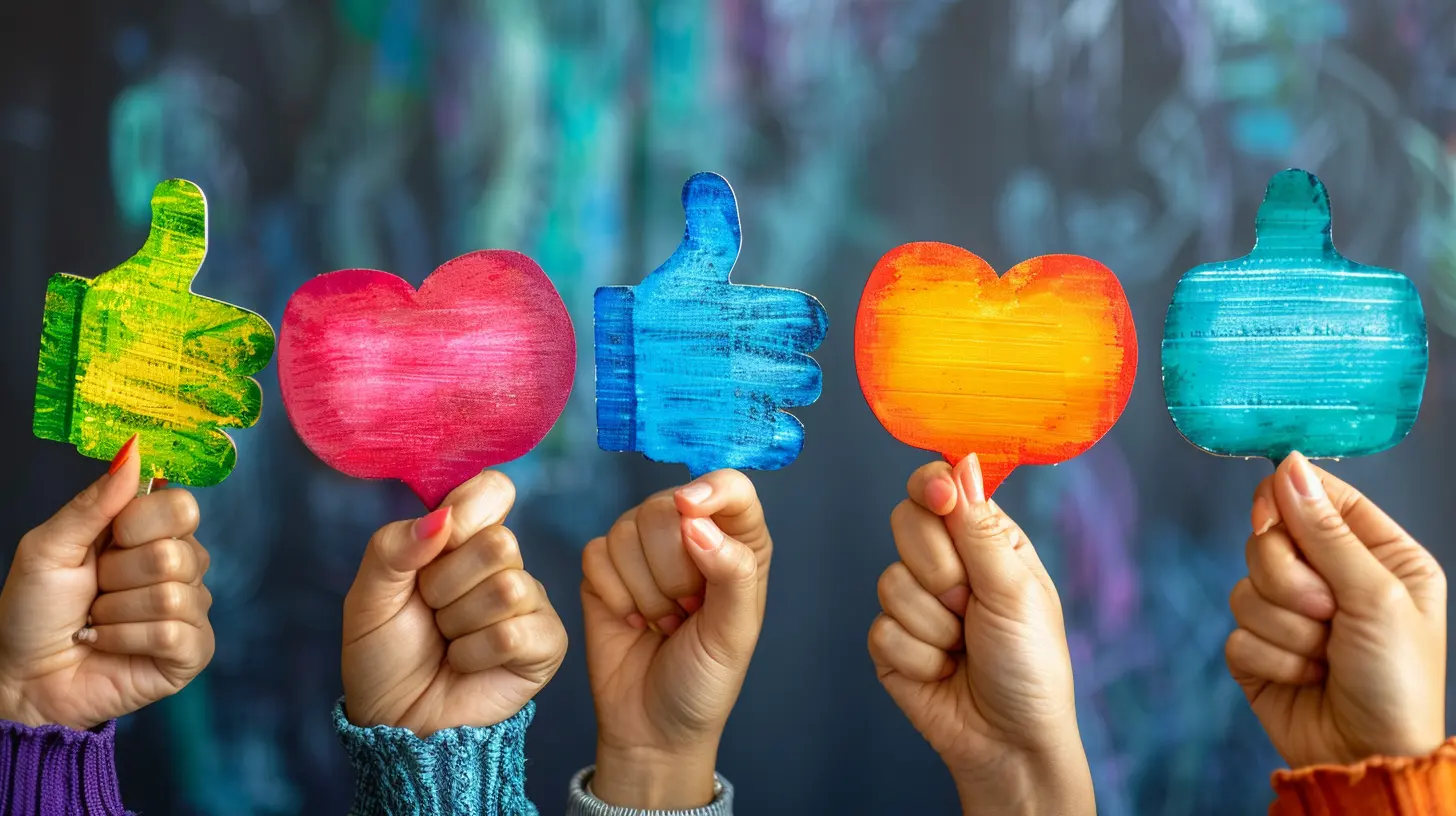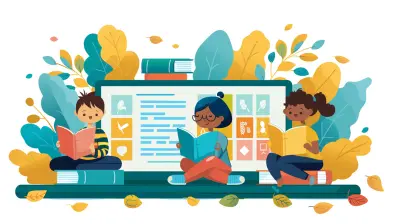The Impact of First Impressions on Communication
30 July 2025
Ever met someone and instantly felt like you'd known them forever? Or maybe you got the vibe that something was just… off? That, my friend, is the magic (or menace) of first impressions. Whether it’s a job interview, a blind date, or meeting your best friend’s overly critical cat, first impressions set the tone for everything that follows.
But just how much do these initial moments influence communication? And is it possible to change a bad first impression? Let’s dive deep into the psychology, quirks, and consequences of those first few seconds that could make or break an interaction. 
Why First Impressions Matter More Than You Think
First impressions are like quick-setting cement—once they harden, they’re tough to reshape. Studies suggest that people form opinions on someone within seven seconds of meeting them. That’s not a lot of time to showcase your dazzling personality or drop some mind-blowing wisdom!Human brains are wired to make snap judgments. It’s an evolutionary thing—back in the day, our ancestors needed to quickly decide whether someone was a friend or a foe. Fast forward to today, and our brains are still doing this, even though we’re not exactly dodging saber-toothed tigers anymore.
These instant assessments affect everything—trust, credibility, likability, and even career success. Ever notice how some people always seem to charm their way through life? Chances are, their first impressions game is on point. 
The Science Behind First Impressions
1. The Power of Non-Verbal Cues
Before you even say a word, you've already spoken volumes. Body language, facial expressions, and even your choice of outfit send messages to others before you open your mouth.- Eye Contact: Too much? You might come off as intimidating. Too little? Now you seem insecure. The sweet spot is a comfortable balance—you want to maintain eye contact without making it feel like an intense staring contest.
- Posture: Standing tall exudes confidence, while slouching makes you look disinterested.
- Facial Expressions: A warm smile can work wonders; a nervous frown? Not so much.
2. The Halo Effect – When One Trait Defines You
Ever met someone with a firm handshake and immediately assumed they were competent and reliable? That’s the halo effect in action. A single trait—be it confidence, appearance, or a well-timed joke—can shape how people perceive everything else about you.If a teacher sees a student as hardworking, they may unconsciously grade their work more favorably. If a job interviewer finds a candidate charismatic, they might overlook minor flaws. See where this is going? First impressions have a ripple effect on communication. 
The Role of First Impressions in Communication
Communication isn’t just about words—it’s about how those words are received. And guess what? First impressions decide whether people listen to you, trust you, or tune you out completely.1. First Impressions in Personal Relationships
Ever been on a date where someone just wouldn't stop talking about themselves? First impression ruined! Conversely, that one person who genuinely listened to you? Instant connection.A positive first impression in relationships makes people more open and engaged in conversation. A bad one? You’ll have a hard time convincing someone they were wrong about you.
2. First Impressions in Professional Settings
Ever walked into an interview and felt like the hiring manager had already decided whether they liked you? That’s because they probably had! First impressions in the workplace influence promotions, collaborations, and even leadership opportunities.Your ability to communicate effectively in a professional setting starts with how you present yourself from the get-go. A weak handshake, awkward pauses, or hesitant speech? Not doing you any favors. 
Can You Ever Change a Bad First Impression?
Okay, so you messed up. Maybe you spilled coffee on yourself before an important meeting (been there!) or blurted out something cringe-worthy. Can you fix it?Fortunately, yes! It just takes more effort.
1. Consistency Over Time
If your first impression was a disaster, the only way to change it is by proving people wrong over time. If they thought you were shy, consistently show confidence. If they assumed you were unreliable, demonstrate dependability.2. Address the Elephant in the Room
Sometimes, the best way to fix a bad first impression is to acknowledge it with humor or honesty. Saying something like, "I think I might have come off a bit nervous earlier—let me start fresh," can help reset perceptions.3. Let Actions Speak Louder
If words failed you the first time around, let your actions do the talking moving forward. People are more likely to revise their opinions if they see behavior that contradicts their initial judgment.Tips for Making a Great First Impression
Want to be someone people remember for the right reasons? Here are some golden rules:✅ Be Present – Put away your phone, maintain good eye contact, and be fully engaged.
✅ Smile! – No one remembers the person who had a resting grumpy face.
✅ Dress the Part – Your appearance should match the occasion. (Showing up to a job interview in pajama pants? Not a great look.)
✅ Listen More, Talk Less – People love good listeners. Show genuine interest in others.
✅ Be Confident, Not Arrogant – There’s a fine line between self-assured and boastful. Walk it carefully.
Final Thoughts
First impressions are powerful, but they’re not always permanent. While they can shape communication and influence relationships, they don’t have to define you forever. If you make a good first impression—great! If not, don’t panic. With patience and effort, you can turn things around.So, next time you meet someone new, remember: you never get a second chance to make a first impression. Make it count!
all images in this post were generated using AI tools
Category:
Communication SkillsAuthor:

Olivia Chapman
Discussion
rate this article
1 comments
Makayla McCune
Great insights on first impressions!
August 6, 2025 at 12:44 PM

Olivia Chapman
Thank you! I'm glad you found the insights valuable!


